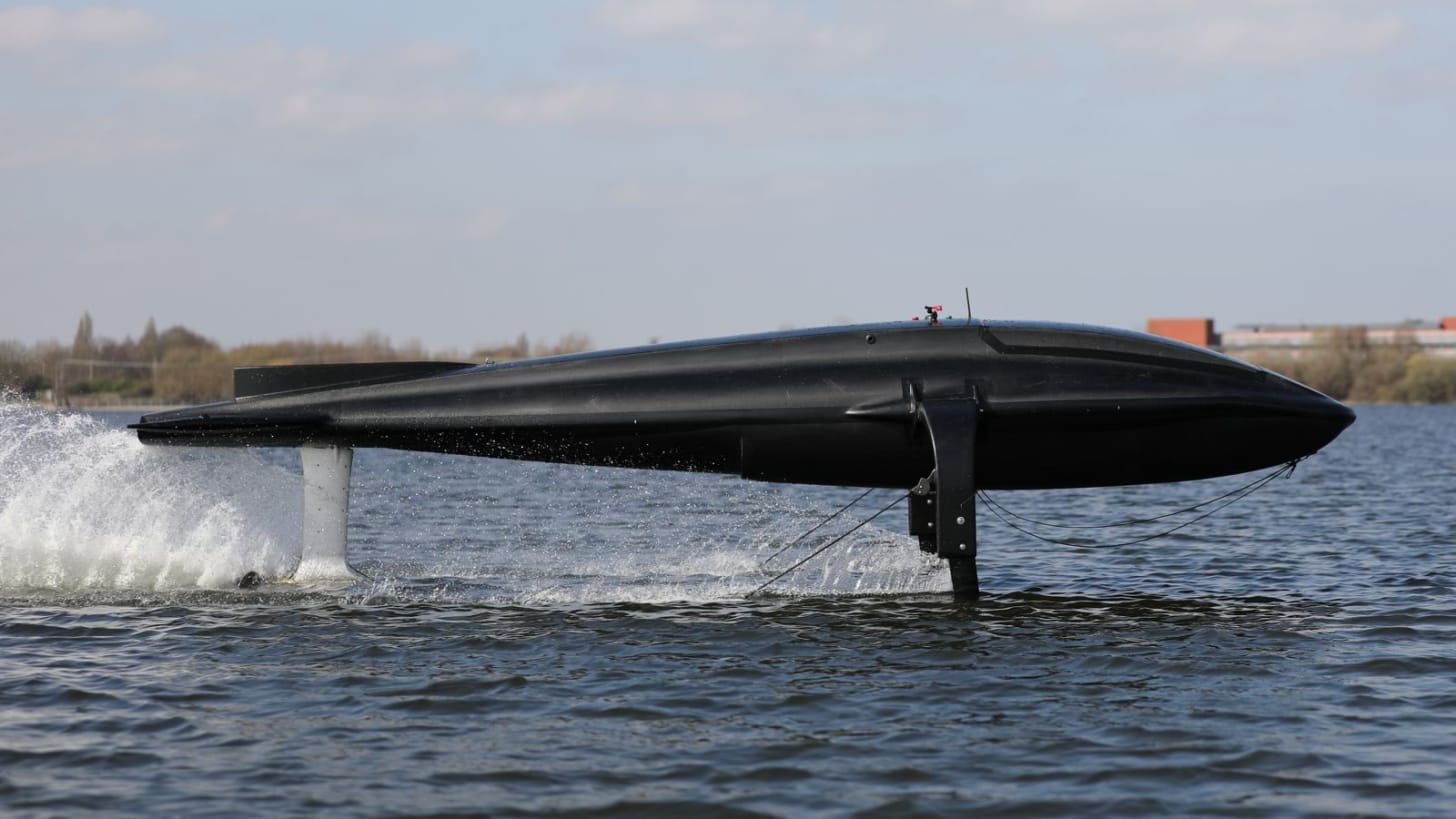Kraken nets $49m USSOCOM deal to build next-gen uncrewed maritime systems
British naval-tech firm wins a major prototyping agreement with US Special Operations Command, extending its rapid rise across NATO programmes and transatlantic markets
Kraken Technology Group has landed a $49 million-cap development deal with US Special Operations Command (USSOCOM), a transatlantic win that’s propelling the British uncrewed-vessel maker toward what industry insiders now say could be Europe’s next defence unicorn.
The OTA agreement tasks Kraken with rapidly prototyping next-generation uncrewed surface and subsurface vessels packed with stealthy design features, modular payloads and autonomous navigation for special forces missions.
It’s the latest boost for the Fareham-based firm, which has already impressed in two SOCOM innovation cycles involving the UK and Norway. It also comes just a week after former NZDF and US SOCCOM executive Erica Dill-Russell joined Kraken as Chief Commercial Officer, strengthening the company’s transatlantic credentials.
For Kraken, the award is a clear signal of confidence from USSOCOM, which uses OTAs to pull in emerging technologies from non-traditional suppliers at speed. Kraken CEO Mal Crease called the deal “a validation of our technology roadmap,” adding that the demand for more agile and survivable uncrewed platforms is only growing as allied forces contend with increasingly contested waters.
The company has built significant European traction in parallel. It recently delivered work for NATO’s Task Force X; secured backing from both the NATO Innovation Fund and the UK’s National Security Strategic Investment Fund; and fulfilled sizable orders across NATO customers while integrating with the UK Ministry of Defence. That operational footprint, combined with Kraken’s operator-led design philosophy, has helped differentiate it in a crowded maritime-technology field.
Kraken has not disclosed its current valuation, but industry sources tell Resilience Media that the company is on a unicorn trajectory due to surging revenues.
The prototypes now under development will be designed to support ISR, logistics and precision-engagement missions, blending low-observable profiles with scalable sensors and effectors. While details remain sparse, the emphasis is on vessels that can move fast, carry useful payloads and remain hard to spot – attributes tightly aligned with evolving UK and US concepts for distributed maritime operations.
With USSOCOM now formally in the queue and investor interest reportedly rising on the back of strong revenues, Kraken’s cross-continent expansion is only expected to accelerate.


